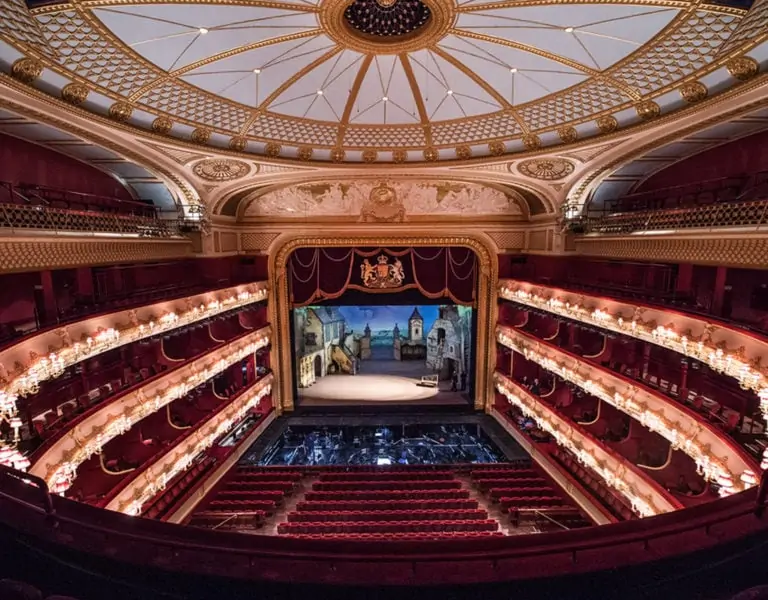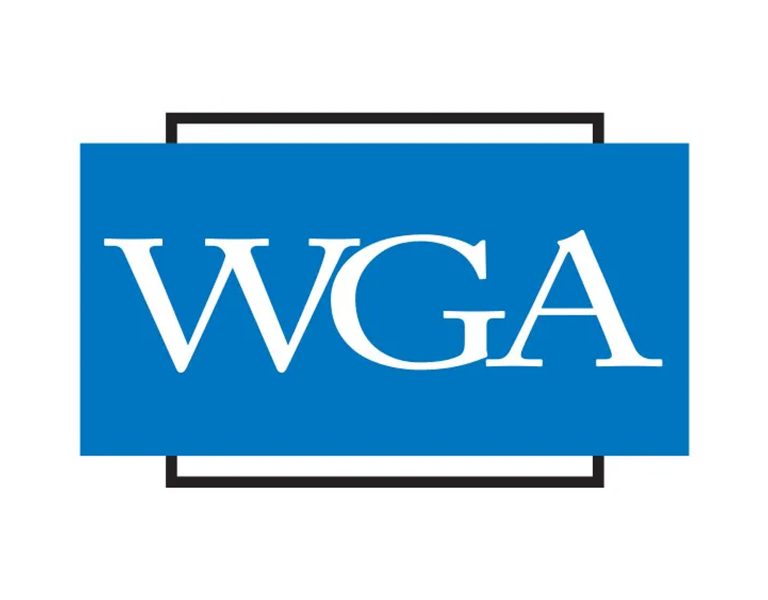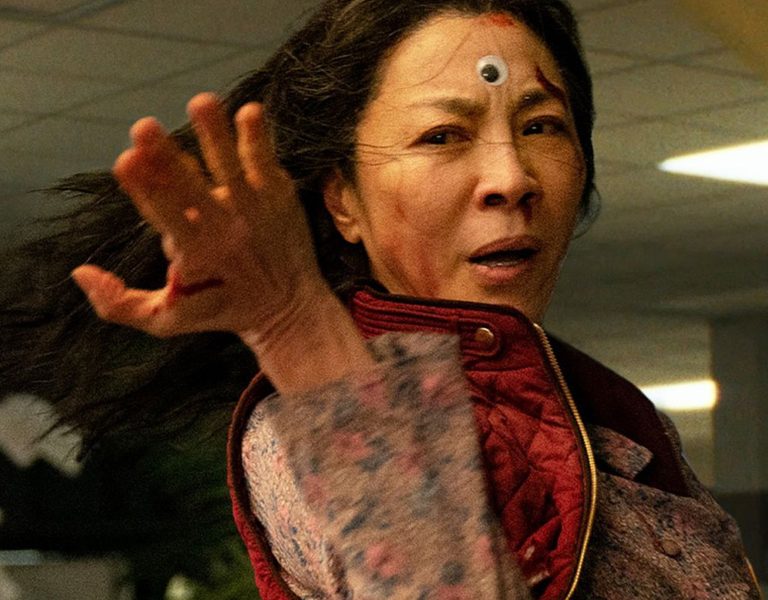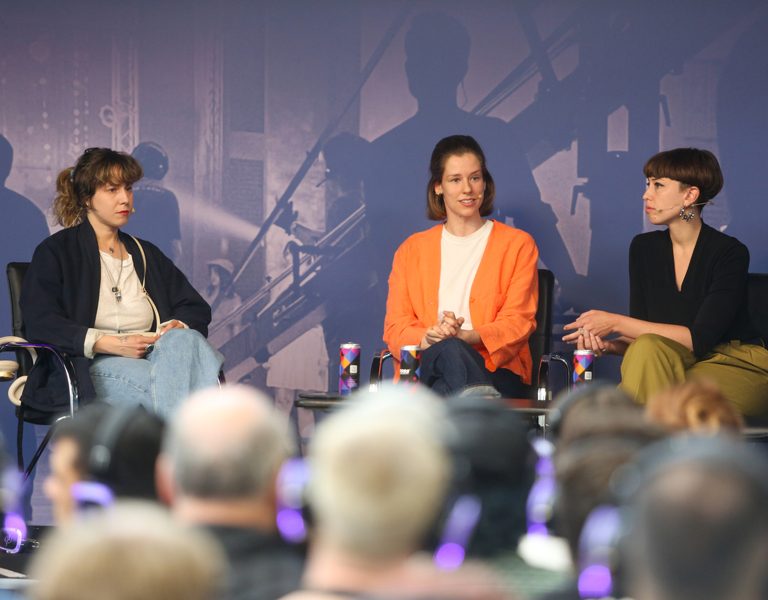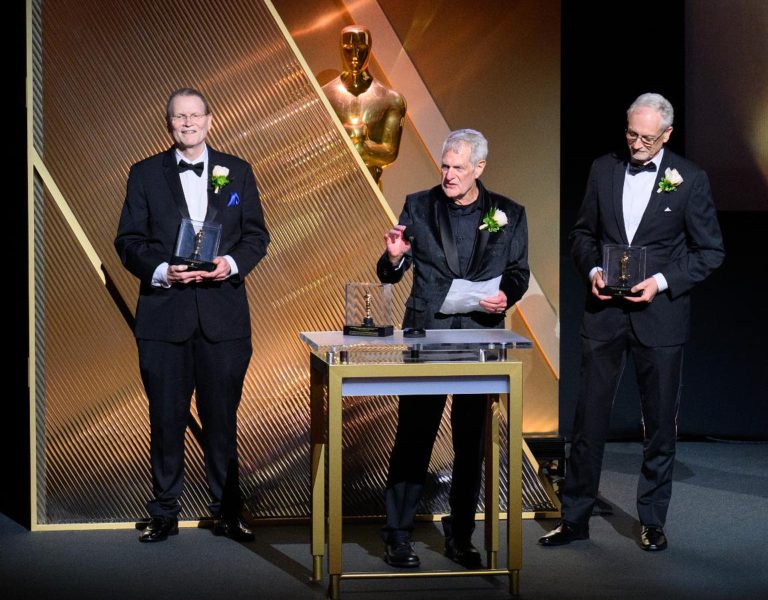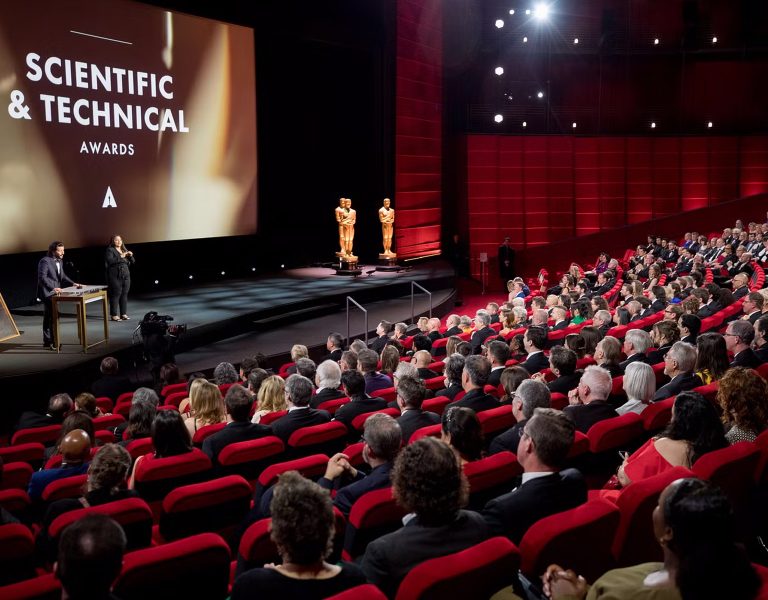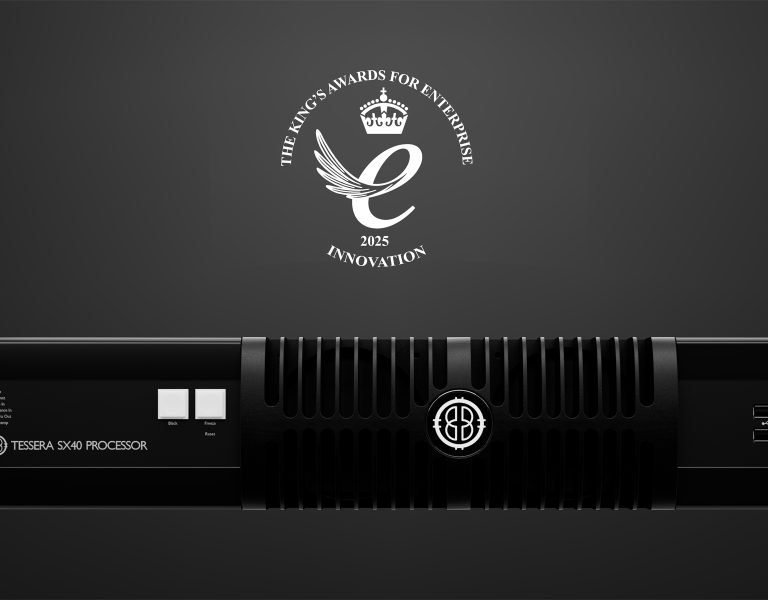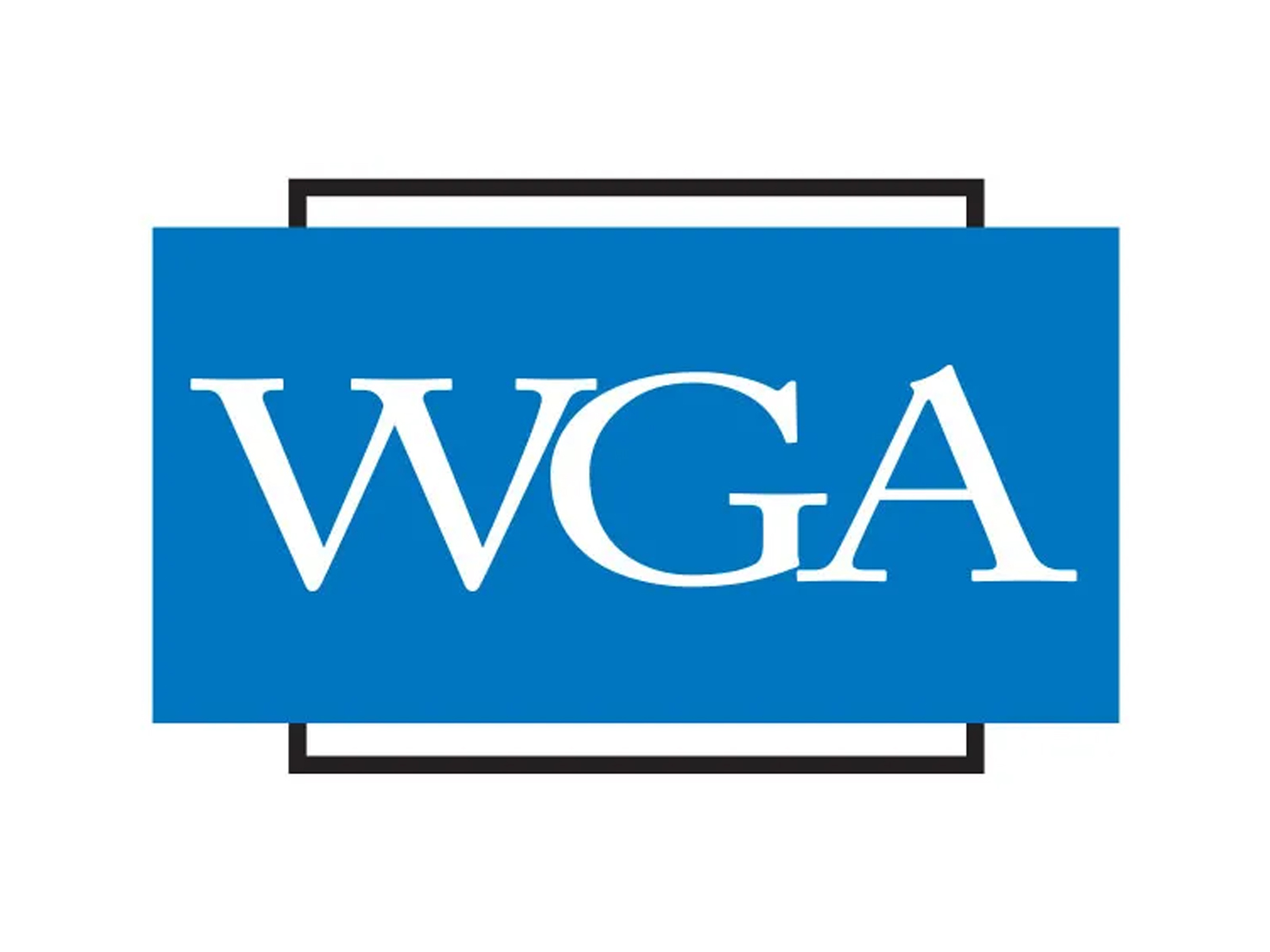
The new deal paves the way for TV’s late night to return to work.
They were the first to be affected when the strike began, with NBC’s “The Tonight Show Starring Jimmy Fallon” and “Late Night with Seth Meyers,” ABC’s “Jimmy Kimmel Live,” and “The Late Show With Stephen Colbert” on CBS instantly shuttering.
Scripted shows will take longer to return, with actors still on strike and no negotiations yet on the horizon.
The three-year agreement with studios, producers and streaming services includes significant wins in the main areas writers had fought for – compensation, length of employment, size of staffs and control of artificial intelligence – matching or nearly equaling what they had sought at the outset of the strike.
The union had sought minimum increases in pay and future residual earnings from shows and will get a raise of between 3.5% and 5% in those areas — more than the studios had offered.
The guild also negotiated new residual payments based on the popularity of streaming shows, where writers will get bonuses for being a part of the most popular shows on Netflix, Max and other services, a proposal studios initially rejected. Many writers on picket lines had complained that they weren’t properly paid for helping create heavily watched properties.
On artificial intelligence, the writers got the regulation and control of the emerging technology they had sought. Under the contract, raw, AI-generated storylines will not be regarded as “literary material” — a term in their contracts for scripts and other story forms a screenwriter produces. This means they won’t be competing with computers for screen credits. Nor will AI-generated stories be considered “source” material, their contractual language for the novels, video games or other works that writers may adapt into scripts.
Writers have the right under the deal to use AI in their process if the company they are working for agrees and other conditions are met. But companies cannot require a writer to use AI.
